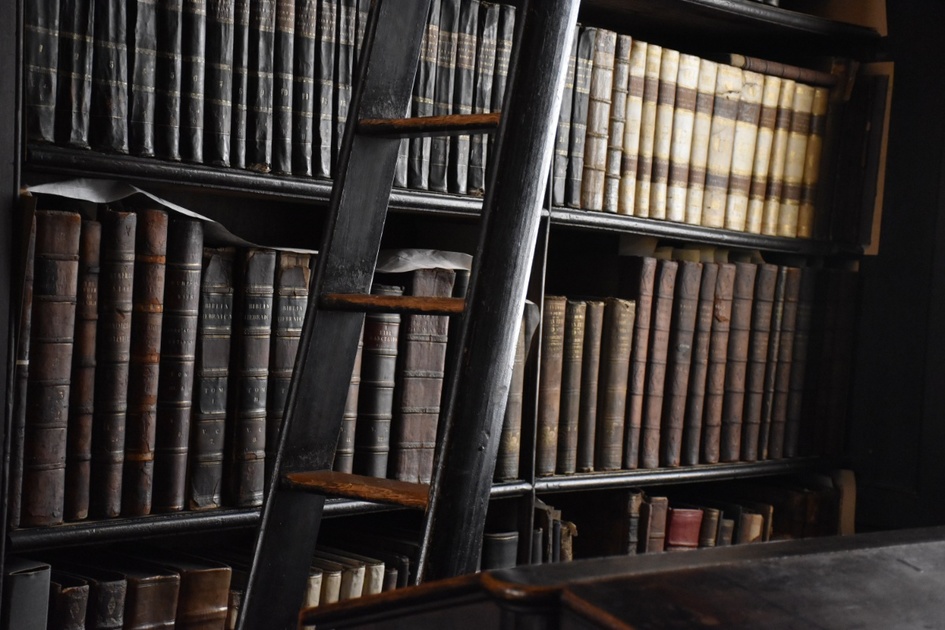
for Video Shiur click here to listen: Psychology of the DAF Shabbos 122
ūōų╝ų░ūĀųĄū© ū£ų░ūÉųČūŚųĖūō ūĀųĄū© ū£ų░ū×ųĄūÉųĖūö
Bava basra 144b
ū¬ūĀūĢ ū©ūæūĀū¤ ūÉūŚūō ū×ū¤ ūöūÉūŚūÖū¤ ū®ūĀūśū£ ū×ūÉū¬ūÖūØ ū¢ūĢū¢ ū£ū£ū×ūĢūō ū¬ūĢū©ūö ūÉūĢ ū£ū£ū×ūĢūō ūÉūĢū×ūĀūĢū¬ ūÖūøūĢū£ūÖū¤ ūöūÉūŚūÖū¤ ū£ūĢū×ū© ū£ūĢ ūÉūØ ūÉū¬ūö ūÉū”ū£ūĀūĢ ūÖū® ū£ūÜ ū×ū¢ūĢūĀūĢū¬ ūÉūØ ūÉūÖū¤ ūÉū¬ūö ūÉū”ū£ūĀūĢ ūÉūÖū¤ ū£ūÜ ū×ū¢ūĢūĀūĢū¬
The Sages taught: With regard to one of the brothers, who took two hundred dinars from the common inheritance to support himself when he went to another place to study Torah or to learn a trade, the brothers can say to him: If you are here with us, you are entitled to sustenance along with us. If you are not here with us, you are not entitled to sustenance.
ū£ūÖū¬ūæūĢ ū£ūÖūö ūøū£ ūöūÖūøūÉ ūōūÉūÖū¬ūÖūö ū×ūĪūÖūÖūó ū£ūÖūö ū£ū©ūæ ūöūĢūĀūÉ
ūōūÉū×ū© ū©ūæ ūöūĢūĀūÉ ūæū©ūøū¬ ūöūæūÖū¬ ūæū©ūĢūæūö ūĢū£ūÖū¬ūæūĢ ū£ūÖūö ū£ūżūÖ ūæū©ūøū¬ ūöūæūÖū¬ ūöūøūÖ ūĀū×ūÖ:
Bava Batra 144b:5
The Gemara asks: But shouldn’t they give him his sustenance wherever he is? The Gemara answers: This ruling supports the opinion of Rav Huna, as Rav Huna says: The blessing of the house is in its abundance. This means that the extent to which blessing permeates a home is proportionate to the number of people who live there, and when many people live together the expenses per capita decrease. The Gemara asks: But shouldn’t they give him his sustenance according to the blessing of the house, i.e., the expenses he would incur even if he were in the house? The Gemara responds: Indeed, they are required to provide for those expenses that he would incur in any event.
Tosafos ibid
ūæū©ūøū¬ ūöūæūÖū¬ ūæū©ūĢūæūö. ūżūÖ' ū©ūæūÖūĀūĢ ūŚūĀūĀūÉū£ ūĀū© ū£ūÉūŚūō ūĀū© ū£ū×ūÉūö ūĢūÖū® ū×ūżū©ū®ūÖūØ ūōū×ū¢ū£ūÉ ūōūæūÖ ū¬ū©ūÖ ūóūōūÖūŻ
Chakira between these two answers, economic benefit versus overall quality of character benefit
Ohr Zarua, Volume III, Piskei Bava Kamma 64:1ūÉūĢū© ū¢ū©ūĢūó, ūŚū£ū¦ ūÆ, ūżūĪū¦ūÖ ūæūæūÉ ū¦ū×ūÉ ūĪū┤ūō:ūÉū│
ūÖ' ū©ūæūÖūĀūĢ ūŚūĀūĀūÉū£ ū¢ū”"ū£ ūæū©ūøū¬ ūöūæūÖū¬ ūæū©ūĢūæūö ūĀū© ū£ūÉūŚūō ūĀū© ū£ū×ūÉūö. ūĢūÖū® ū×ūżū©ū®ūÖ' ūōū×ū¢ū£ūÉ ūōūæūÖ ū¬ū©ūÖ ūóū©ūÖūŻ. ūĢūøū¤ ūżūÖ' ū©ūæūÖūĀūĢ ū®ū×ūĢūÉū£ ū¢ū”"ū£ ūÉūÖū£ūĢ ūöūÖūö ūōū© ūóū×ūöūØ ūöūÖūö ūöūæūÖū¬ ū×ū¬ūæū©ūÜ ūæūÆū£ū£ūĢ.
for Video Shiur click here to listen: Psychology of the DAF Shabbos 122
Photo by Matteo Maretto on Unsplash

 Previous
Previous
